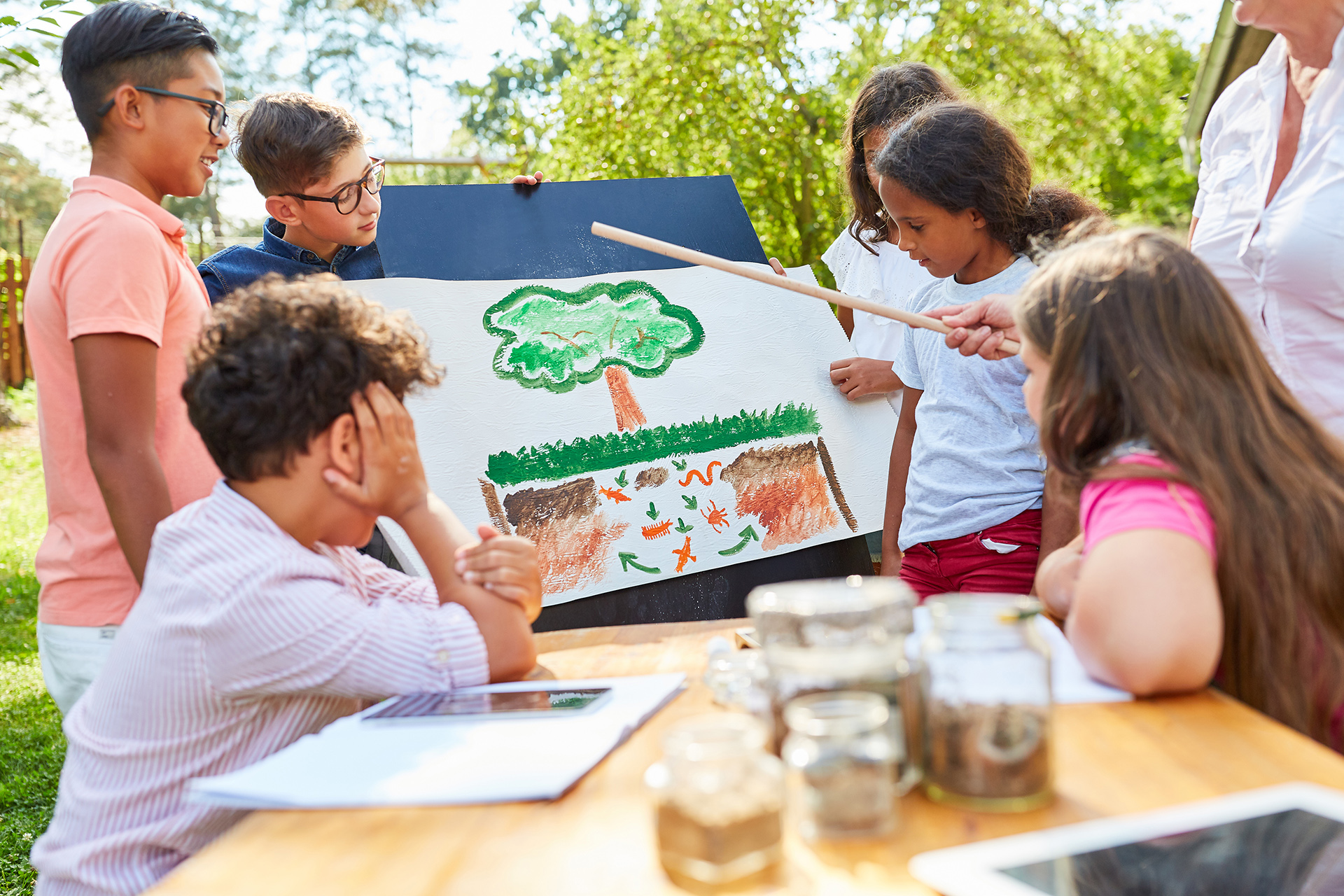
Sustainable Lifestyles & Education Programme
Basics
What are sustainable lifestyles?
There is no one way of living sustainably. A sustainable lifestyle will depend on the cultural, economic and ecological context of an individual or community. For this reason sustainable lifestyles are plural and will manifest differently across the globe. The Sustainable Lifestlyes and Education programme applies three cornerstones to sustainable living:
- Sustainable lifestyles mean a good life for all equitably within our ecological means. It is possible for all people to live better, happy, secure, abundant and fulfilling lives within the ecological limits of Planet Earth. Sustainable lifestyles build on the recognition of the abundance of the world’s resources and on the vast diversity in our ways of living. Sustainable lifestyles demand structures and systems that enable equitable and just access to resources and services for all people across the globe.
- The transition to sustainable lifestyles is urgent and essential for larger societal transformations and sustainable futures. With an understanding of how our daily habits affect other human beings and nature we are able to address, change and act on larger societal and environmental challenges. Sustainable lifestyles entail shifting to sustainable consumption and production processes while also addressing issues of wellbeing, equality and poverty.
- Building sustainable lifestyles is a systemic challenge reinforced by individual choices, requiring the cooperation of all actors in society. Advancing sustainable lifestyles requires globally coordinated systemic change combined with transformation in individual habits and behavior. Structural, economic and social contexts directly affect peoples’ ability to live secure and sustainable lives and make more sustainable choices. All actors, including governments, businesses and civil society must work together to reimagine, enable and build sustainable lifestyle practices equitably.
The Sustainable Lifestlyes and Education programme has multiple resources and tools that help define a sustainable life through different lenses including: household energy systems, consumer behavior, communication, mobility, city planning and more. Take a look at our portfolio.
What role does education have in sustainable lifestlyes?
In order to build a sustainable future we must equip the next generations with knowledge and practices rooted in sustainability. The ability to reflect on one’s own actions and recognize the impacts that these actions may have on wider society is an important first step in learning for sustainable lifestyles. Moving beyond the personal level, education for sustainable lifestyles promotes transformative learning to empower individuals to become agents of change.
Education for sustainability is context based and continuous. Just as sustainability takes various shapes (depending on the cultural, environmental and economic contexts), education for sustainability will evolve depending on the local context and challenges. Formal, non-formal and informal education are essential to sensitize the population and generate changes aimed at improving sustainability through lifestyle visions and choices.
Education should include capacity-building that enables governments and companies to facilitate sustainable lifestyles. Educating the workforce, employers and decision makers on sustainability will clarify how lifestyles are linked with the way we organize our economy. As our knowledge on sustainability develops education for sustainability continues and demands life-long learning, which adults need also take part in.
Why is there a One Planet Network (10YFP) Programme on Sustainable Lifestyles and Education?
Making consumption and production processes more sustainable will inevtiably call for the support and action of individuals across the globe. Adressing the daily habits and choices that contribute to resource depletion, pollution of seas and air, and inequality will be essential to reaching the SDGs and building a resilient future.